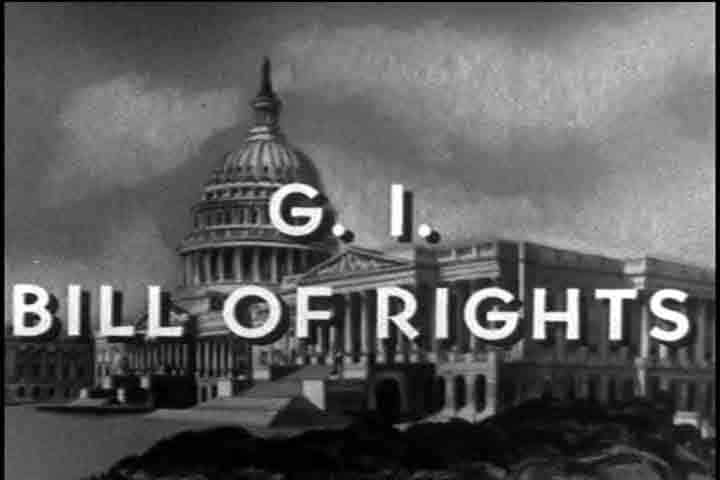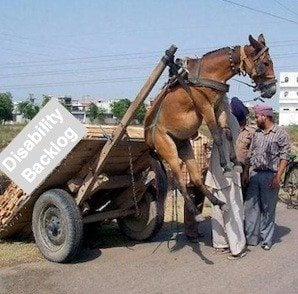Senate Hearing Could Decide the Future of Your VA Benefits
On May 7, 2025, VA Secretary Doug Collins appeared before the Senate Veterans’ Affairs Committee to defend sweeping reform proposals that include slashing up to 80,000 jobs from the Department of Veterans Affairs — a move critics warn could deeply disrupt care and benefits for millions of veterans.
While Collins emphasized the need to “refocus the VA’s mission” and improve operational efficiency, many veterans’ advocates and lawmakers are raising red flags. Cutting frontline workers, claims processors, and medical staff could erode hard-won progress made over the last decade — putting timely access to healthcare and earned benefits at risk.
The question now facing the veteran community: Will these reforms actually strengthen the VA — or gut it when veterans need it most?
What’s on the Table?
According to Military Times, the hearing focused on:
- Plans to reduce the VA workforce by up to 17% over the next two years.
- Efforts to modernize and consolidate operations at both national and regional levels.
- Budget changes that prioritize private sector partnerships over internal VA expansions.
Senate Veterans’ Affairs Committee Chairman Jon Tester (D-Mont.) said in a statement:
“We need to know how these cuts will impact care, claims processing, and the promises this country made to our veterans.”
Veterans’ groups are already voicing concerns that the cuts, if mishandled, could reverse years of progress in reducing the claims backlog and expanding access to specialized care.
Why Veterans Should Pay Attention
Here’s what’s potentially at risk if the workforce cuts go through without enough oversight:
- Longer claims processing times — already creeping upward in 2025.
- Reduced access to medical specialists for PTSD, toxic exposure, and complex injuries.
- Fewer trained advocates available to help navigate benefits and appeals.
The VA isn’t just a healthcare system — it’s also a support network. Trimming its workforce without strengthening the system in other areas could leave veterans fighting harder for services they’ve already earned.
Prior to the May 7th hearing, Senator Jerry Moran (R-Kan.), ranking member of the committee, emphasized:
“Our focus must remain on improving veterans’ access to care and benefits, not merely trimming numbers on a budget sheet.”
What to Watch For …
During the hearing, expect senators to press Collins on:
- Which roles are being cut first — frontline vs. administrative
- How the VA plans to protect rural and underserved veterans
- Whether privatization is quietly replacing VA-led solutions
- What metrics the VA will use to gauge success beyond simple cost-cutting
Veterans — and organizations that represent them — need to stay alert to ensure that “efficiency” doesn’t become a buzzword that masks a real deterioration of services.
It’s Not About Spending Less — It’s About Serving Better
Nobody disputes the need for smarter, more effective government. Veterans have always understood sacrifice and responsibility.
But when budget cuts threaten to gut the very services veterans fought for, the country needs to hit pause — and demand real answers, not talking points.
We’ll be watching the for further updates post-hearing closely — and we’ll break down exactly what it means for you.
Want to make your voice heard?
Reach out to your elected officials now via house.gov/representatives — and let them know that veterans’ services must stay strong.







Same old Doge playbook……..gut staffing, claim resulting system failure and complaints mean the whole program doesn’t/never has worked, and privatize it. Then shut it down. Veterans need to turn out on the streets on Friday June 6th! Even it’s just you at your town hall with a card board sign. Someone will notice, hopefully the media too!
God only knows how many Veteran Suicides they’d ‘prevent’ if they’d ban Antidepressants (and the psychiatrists who prescribe them) that induce Suicides, as treatment for PTSD.
Ref:
110th Congressional Hearing
“TheTruthAbout Veterans’ Suicides
(Page110)
I totally agree! VA pill pushers are the worst thing we do to veterans!
Private sector partnerships. Translation. Beltway thieves skimming the budget, kinda like that Cerner POS. Just more of the same.
It’s already impossible to get specialized care at the Ann Arbor VA so I’d rather they just eliminate the system entirely.
Those who are wanting cuts from the V.A. DONT DESERVE BEING IN OFFICE. It’s heart breaking. God have mercy!!